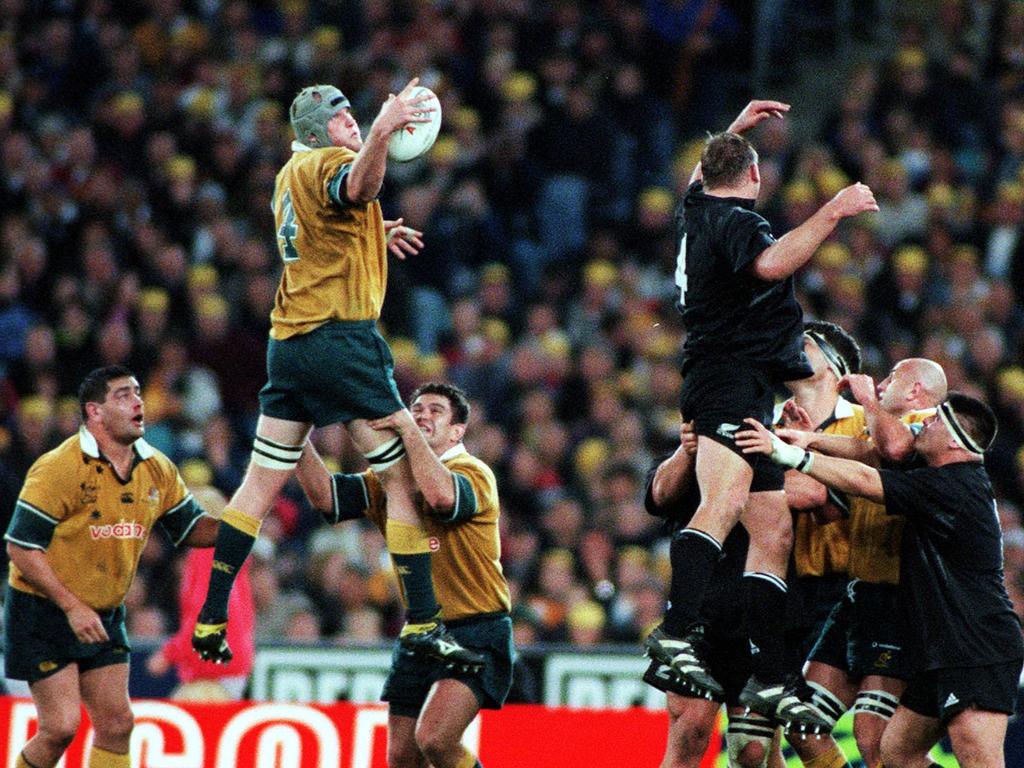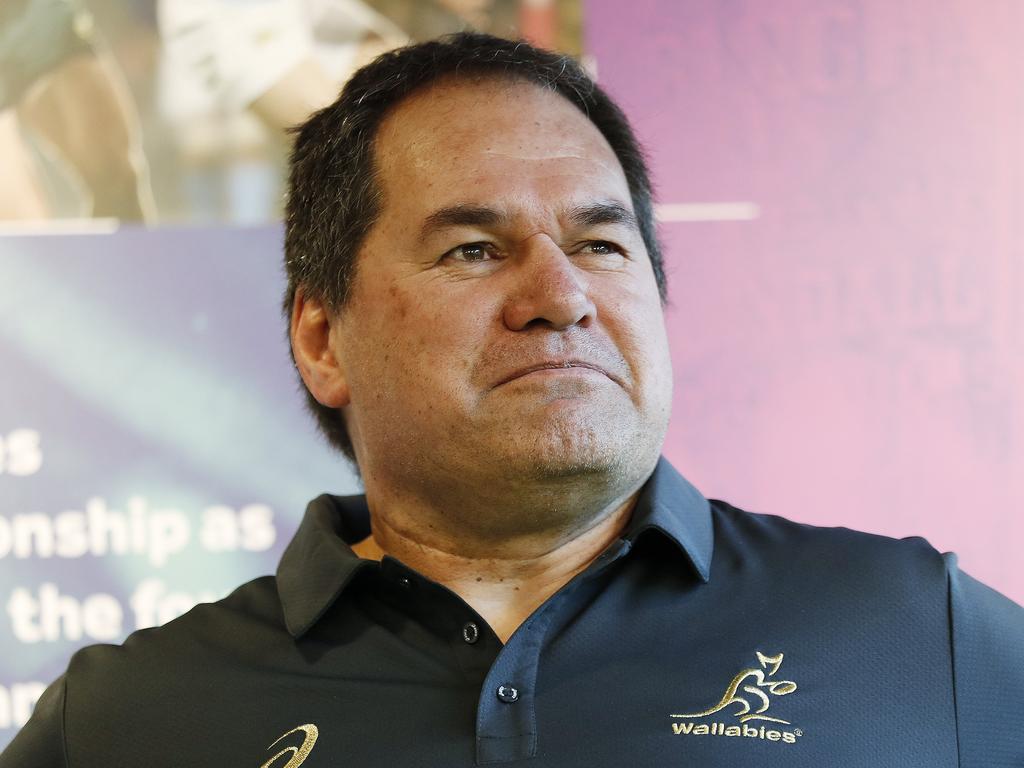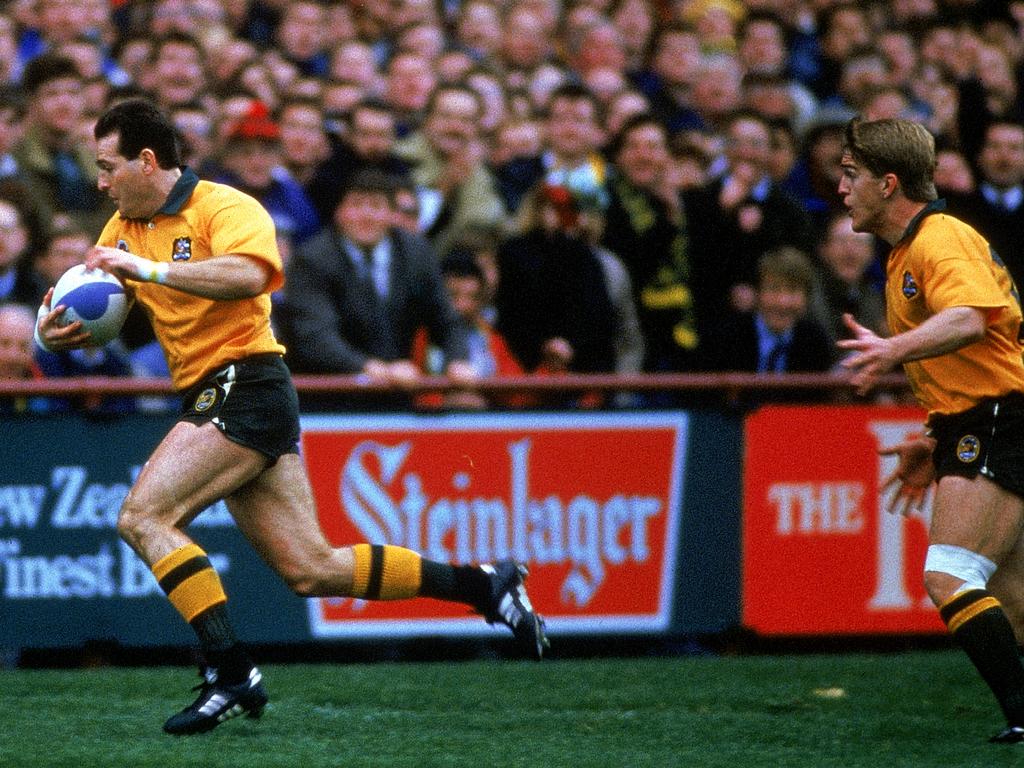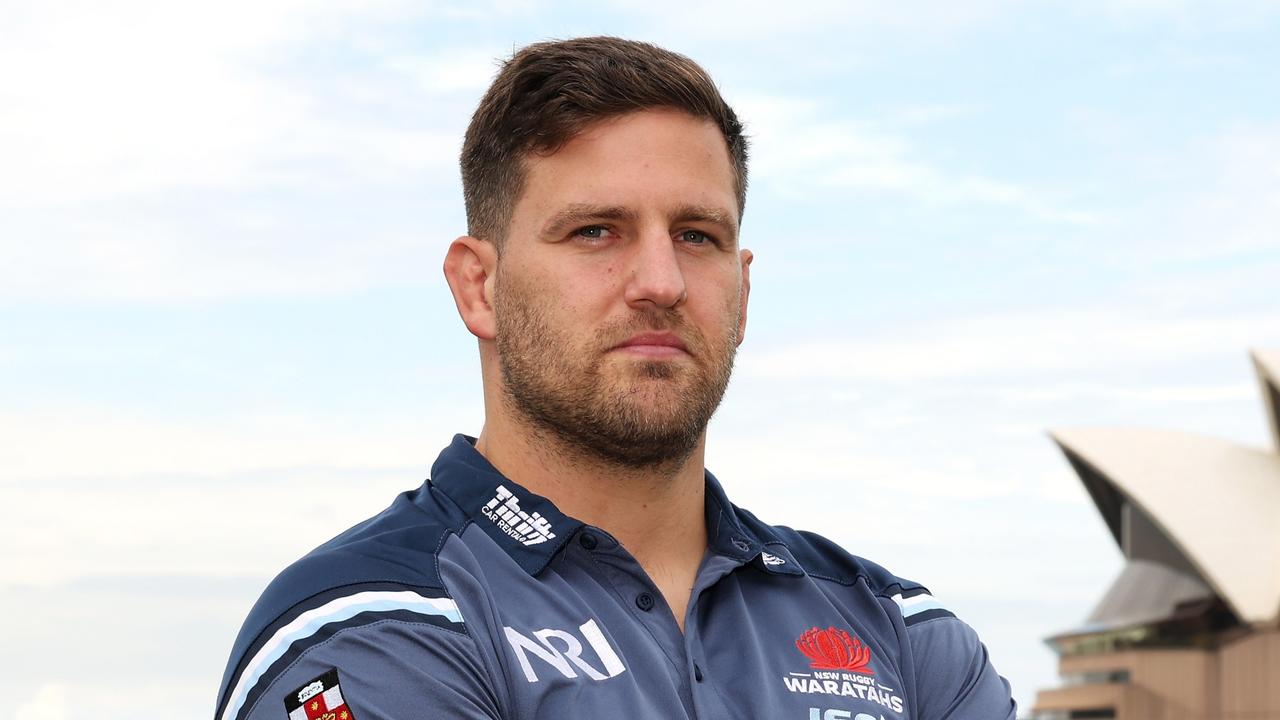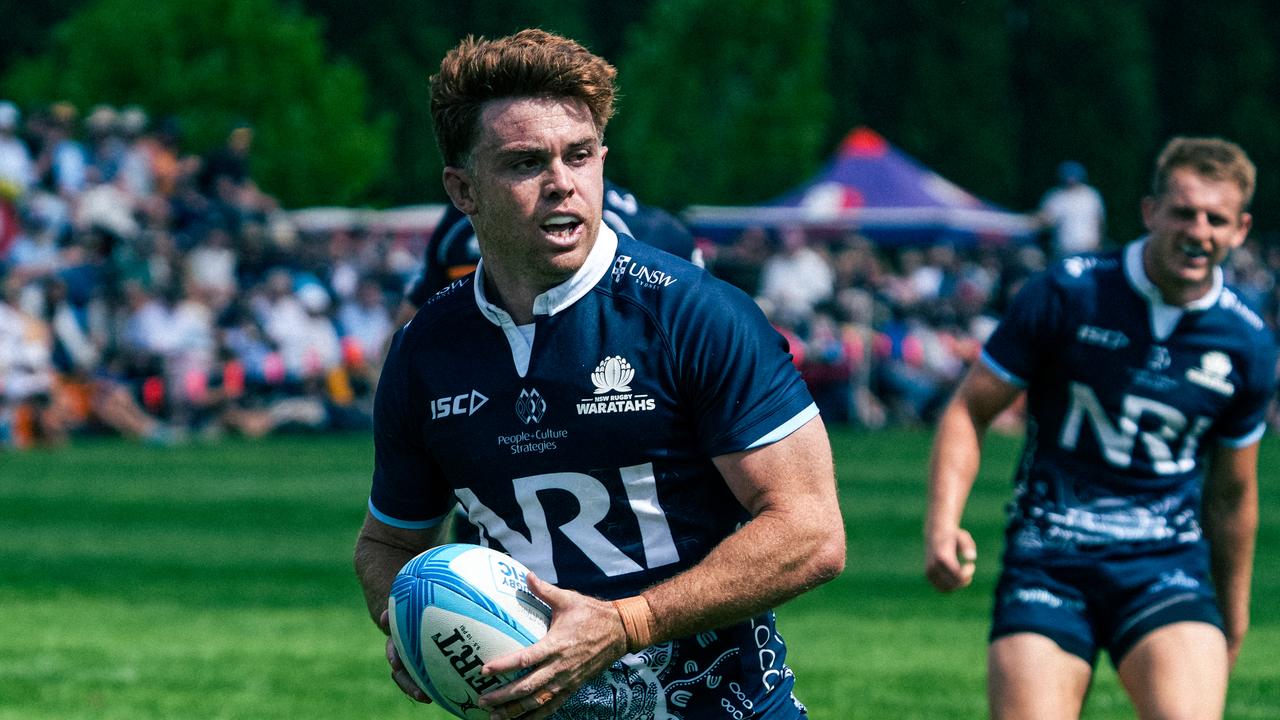Raelene Castle, world rugby see millions wiped from the code
When Raelene Castle walked away from a lucrative TV deal, it coincided with a crash in the game’s fortunes.
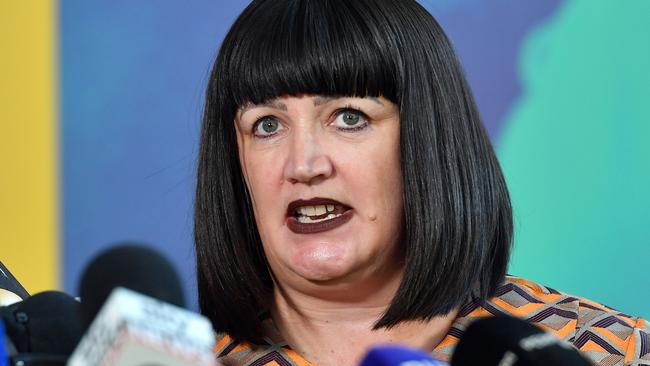
The global rugby economy is in dire trouble. And no, I don’t expect to win any prizes for pointing that out. But how different would it look if COVID-19 had struck just one month later?
That is not just to say that the Six Nations Championship would have been completed, earning the hosts of those four postponed games — Ireland, Wales, France and Italy — anywhere between £5m and £15m ($9.6m and $28.8m). That is a comparatively small price compared with what else the sport missed out on. The coronavirus pandemic hit at the very point when some of the biggest business deals in the history of the game were being completed. Some of these might have got over the line with only one week more. In Australia, it might have been a case of just another 48 hours.
Last week, Raelene Castle, the chief executive of Rugby Australia, resigned from her position after a letter was published by 11 former Wallaby captains declaring that “Australian rugby needs new vision” and demanding a change of leadership.
This initiative was so smartly executed that one of the 11, Michael Lynagh, hadn’t even seen the letter; when he did, said he wanted nothing to do with it. That, though, is beside the point.
Castle’s most controversial decision as the chief executive was walking away from a TV deal with Foxtel worth $40m a year, a gamble she took because she believed she could get more if she took the TV rights sale into the open market. It has been reported that when Australia went into lockdown, Castle was 48 hours away from landing a deal with Optus worth significantly more than that.
The deal stalled. (Well, what deals haven’t?) With another two days, Castle could have been RA’s saviour and those disgruntled captains would have been united in applause.
In the northern hemisphere, the timing has been no better. Two months ago, the unions of the Six Nations had put their TV rights up for sale. Six weeks ago, they had received the first tender bids from the different broadcasters.
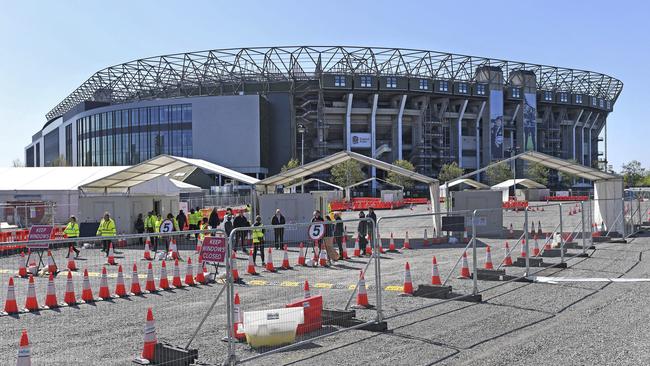
They expected to go to a second round of bids yet, even so, they had expected to get the deal done within a week.
This was expected to be the biggest sales deal ever for the Six Nations because the unions had not only come together to co-sell the championship rights, they had wrapped into the package all the autumn internationals played by the six countries too.
It was unprecedented. The whole championship was being put up for sale to non-terrestrial broadcasters too; that had never happened before either.
Figures of about £300m were being tossed around — and, no, of course we still haven’t discovered if they were accurate because COVID-19 ground the whole negotiation process to a halt.
What then happened to the broadcasters? ITV, whose financial model is so heavily based on advertising, quickly felt the pinch. Sky Sports and BT Sport found that with no live sport, subscribers quickly cancelled their subscriptions. Those are three of the biggest players, all suddenly reassessing.
The problem for anyone still in the game is that they no longer know what they are bidding for. The TV rights up for sale start with the fixtures in this coming northern spring. England versus New Zealand, for instance, would have been massive; likewise Ireland versus South Africa, the world champions, the following week.
A couple of weeks into lockdown, though, it became apparent that maybe the All Blacks and the Springboks won’t be going to Britain at all. A couple of weeks after that, we learnt that even if there was international rugby at Twickenham and all around Europe’s biggest rugby capitals, it might well be played behind closed doors.
In the space of a month, then, the market has changed and we do not have any certainty on what is the product that is up for sale.
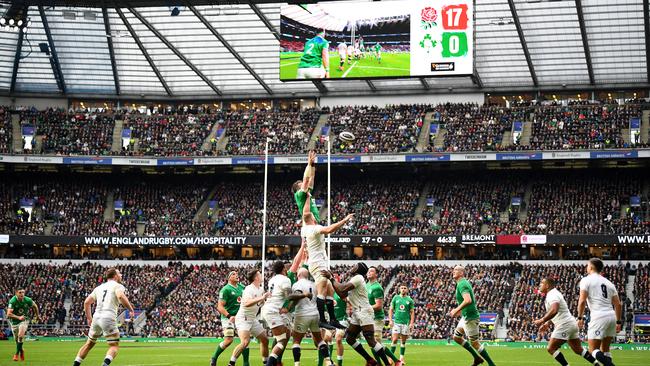
The only certainty is that the Six Nations unions will not be landing the sort of numbers that would have come their way had the sales process started a week earlier. Maybe even less.
There is one other mega-deal that has also failed to reach completion: the deal with CVC, the private equity house, that is looking to buy into the Six Nations.
At the start of March, CVC had hoped to have a deal agreed within the month. The deal was to buy a 14 per cent share of the Six Nations commercial arm (which includes those November TV rights). Understandably, that hasn’t happened and it is now anticipated that the deal will be done by the end of June instead. Again, though, the timing is only going to affect the final numbers.
And again, this is down to the timing of the pandemic. CVC is involved in closing two rugby deals: the Six Nations deal and a separate deal to buy 27 per cent of the Pro14. The difference in timing is just one month; the Pro14 deal is one month ahead.
The transaction terms for the Pro14 deal had been agreed before lockdown.
Antitrust approval had been received. Therefore the agreed figure of £120m could not be affected by the downward market turn.
Not so for the Six Nations deal. Suddenly a new set of variables influenced the deal. The price that CVC put on the Six Nations was based largely on predicted TV rights sales — the very sales that remain incomplete.
Two months ago, 14 per cent of the Six Nations was expected to cost £300m. CVC will not be paying that now.
No one knows for sure, yet, where rugby’s economy will end up. As of this week, negotiations to sell the Premiership broadcasting rights are not going to reach the same £40m figure as last time. Had COVID-19 hit a month later, that might be different too.
The world today is laden with what-haves and could-haves and how might it all be different if coronavirus had never struck. As rugby attempts to redo the maths, it knows that the numbers would make for much prettier reading if it had just waited one month more.
THE TIMES

